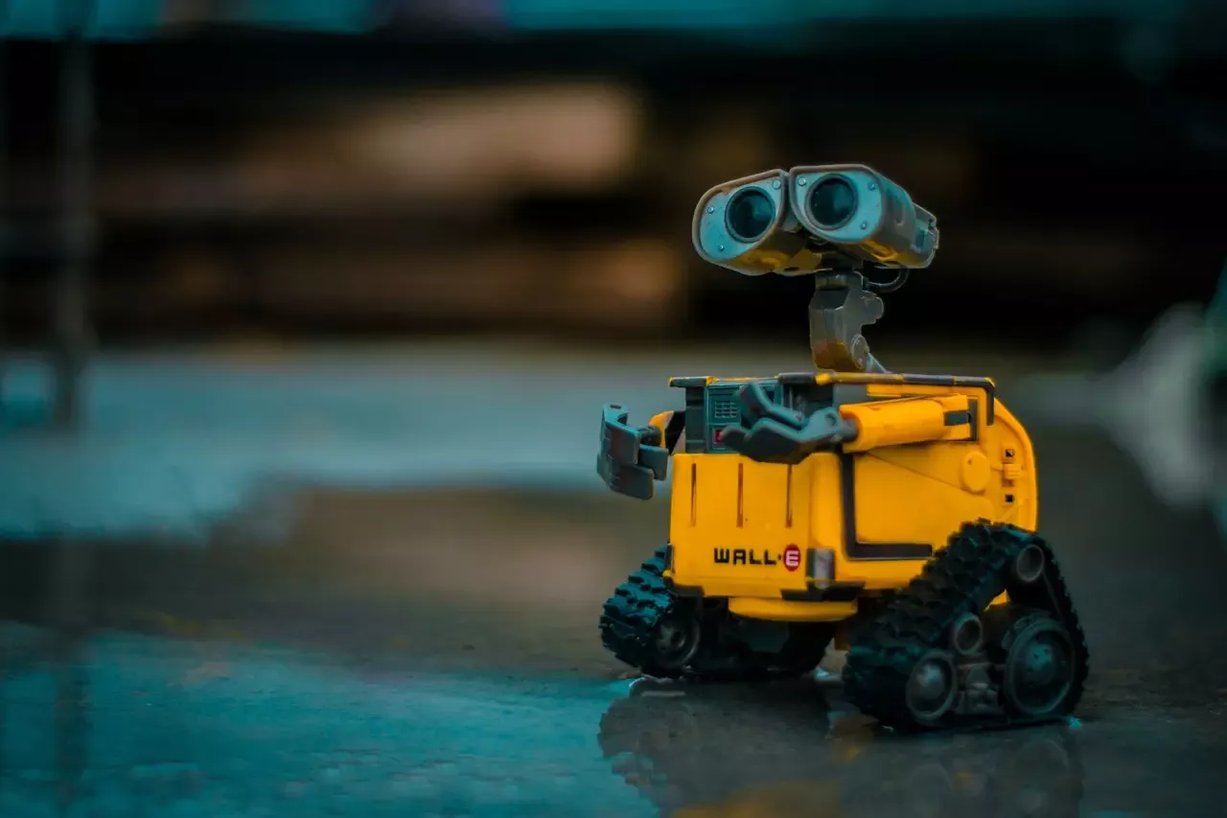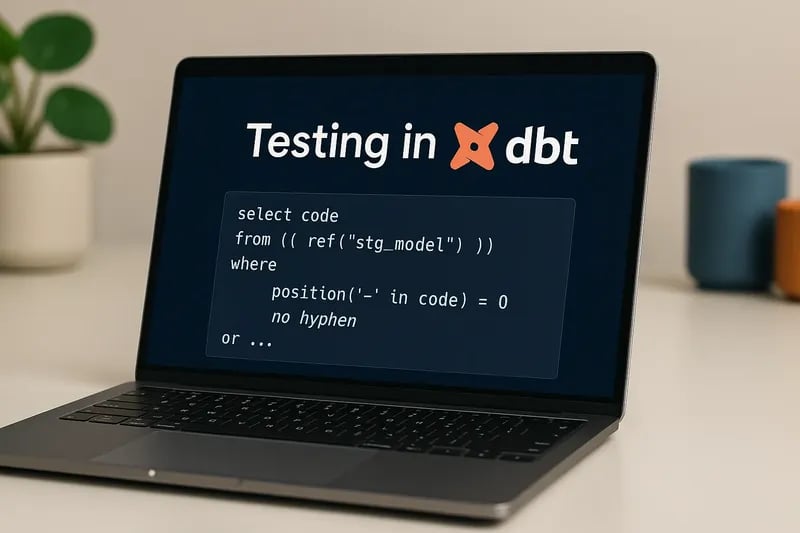
Kamil Sobiszewski
1 March 2022, 6 min read

Staying up to date with important news and technological discoveries can be really challenging— especially when so many people create interesting books, blogs, and podcasts. I personally have a long "to read" list, and I am sure I won't have enough time in my entire life to finish it.


